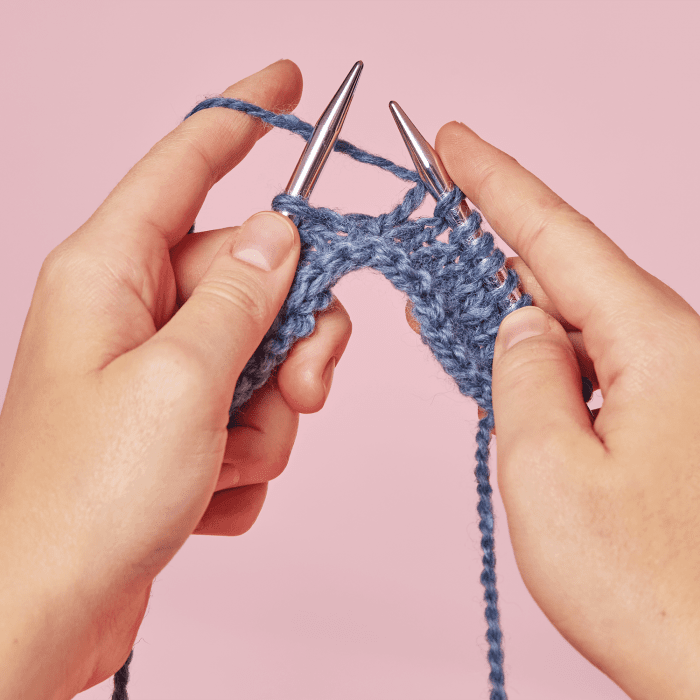
Metal knitting needles are a popular choice among knitters due to their durability, strength, and smooth surface that allows stitches to slide easily. However, like any other knitting tool, they require proper care and maintenance to prolong their lifespan and ensure optimal performance.
Cleaning Metal Knitting Needles
Cleaning your metal knitting needles is an essential part of their maintenance. Over time, oils, dirt, and debris can accumulate on the surface of the needles, making them less smooth and more difficult to use. Here are some steps you can take to clean your metal knitting needles:
- Wipe the needles clean after each use: Use a clean, dry cloth to wipe off any sweat, oils, or debris from the needles after each use. This helps prevent the buildup of dirt and grime that can damage the surface of the needles over time.
- Use a mild soap solution: If your needles are particularly dirty or have accumulated a lot of oils and grime, you can use a mild soap solution to clean them. Mix a few drops of dish soap with warm water and dip a clean cloth into the solution. Wring out the cloth so that it is damp but not dripping, and use it to gently wipe down the needles. Be careful not to get any water on the cables, as this can damage them.
- Dry the needles thoroughly: After cleaning your needles, make sure to dry them thoroughly before using them again. Use a clean, dry cloth to wipe them down and then leave them out to air dry completely before storing them.
Storing Metal Knitting Needles
Proper storage is key to prolonging the lifespan of your metal knitting needles. Here are some tips to keep in mind when storing your needles:
- Keep them in a case: Metal knitting needles can easily get bent or damaged if they are left loose in a bag or drawer. Keep them in a case or a needle organizer to protect them from damage.
- Store them flat: When storing your needles, make sure to lay them flat rather than standing them upright. This helps prevent them from getting bent or warped.
- Keep them away from moisture: Metal needles can rust if they are exposed to moisture for long periods of time. Make sure to store them in a dry place away from any sources of moisture, such as windows or damp basements.
Maintaining Metal Knitting Needles
In addition to cleaning and storing your needles properly, there are a few other things you can do to maintain their performance and prolong their lifespan:
- Avoid using them on rough surfaces: Metal needles can get scratched and damaged if they are used on rough surfaces. Make sure to use them on a smooth surface, such as a clean table or a silicone mat.
- Don’t force them through tight stitches: When working on a project that requires tight stitches, be careful not to force the needles through the stitches. This can cause the needles to bend or break.
- Use needle covers: If you are traveling with your needles or storing them in a bag, use needle covers to protect the tips from damage.
- Check them for damage: Inspect your needles regularly for any signs of damage, such as bending or warping. If you notice any damage, replace the needles as soon as possible.
Metal knitting needles are a valuable investment for any knitter, but they require proper care and maintenance to ensure optimal performance and longevity. By following the tips outlined in this article, you can keep your metal knitting needles in top condition for years to come. Remember to clean them after each use, store them properly, and take steps to avoid damage while using them. With a little bit of care, your metal knitting needles will serve you well for many knitting projects to come.